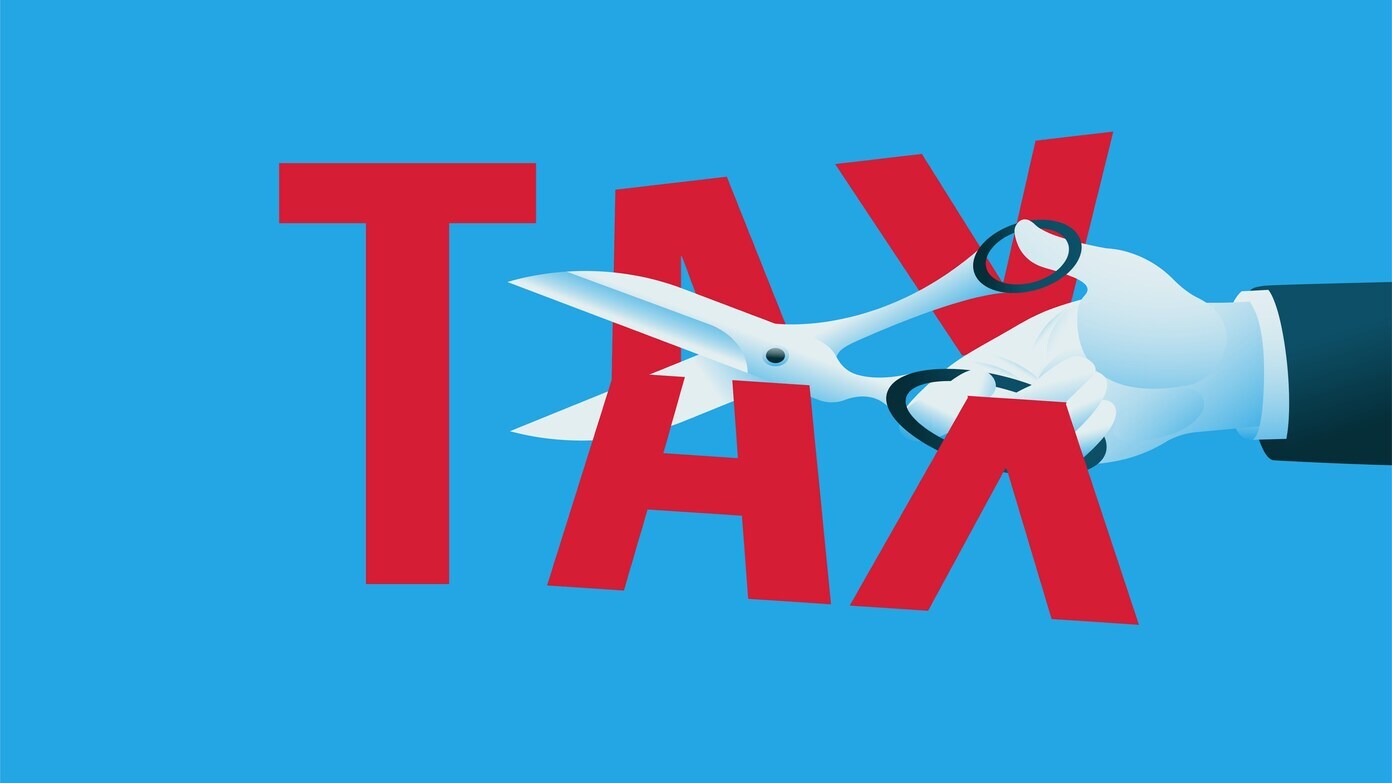IRS penalties likely to increase
Bloomberg Tax & Accounting has released its 2026 projected U.S. tax rates and penalties, giving taxpayers a glimpse of what they will be up against if they fail to make their payments. Though tax rates are gradually rising, what is grabbing headlines this year is the penalties for delayed filing, missing forms, and unpaid taxes. From losing your passport to monstrous fines for incorrect returns, the penalties are draconian.
Failure to file a tax return
In 2026, failure to file an income tax return within 60 days of the due date is at least $535 or 100% of the unpaid tax, whichever is less. That is, even if you owe a paltry sum, the penalty will never go below $535 once you’ve crossed that 60-day threshold.
Partnership and S corporation penalties
Businesses are also targeted. A late return of partnership will cost $260 per partner, and an S corporation with a late return will be charged $260 per shareholder. For large businesses with numerous partners or shareholders, these fines can accumulate very fast, which puts a large financial burden on them.
The passport problem: back taxes and travel restrictions
Among the most unsettling consequences for those with high tax balances is losing their passport. Under the law, if you owe a “seriously delinquent” debt, you can lose your passport, have one denied to you, or even have it limited. In 2026, that amount increases to $66,000. Being in arrears by this amount doesn’t necessarily equate to letters from the IRS—it may mean being grounded and prohibited from traveling abroad until paid.
IRS liens: protecting government interests
A tax lien is the right of the government to your property when you don’t pay or fail to pay your tax bill. In a practical sense, this gives the IRS rights in your real estate, cars, or other personal property until you pay the debt. Creditors are alerted by a Notice of Federal Tax Lien, and if you sell your property, payments may be forwarded to the IRS ahead of others.
There are exceptions, however. In 2026, some buyers who buy property in an informal sale for less than $2,000 or repair contractors making small-scale repairs on houses worth less than $10,010 might not be subject to liens. But for most taxpayers, liens are a weighty burden until the debt is paid.
IRS levies: taking your property or wages
Aside from liens, the IRS can also levy seizure of property in order to pay a tax obligation. For 2026, exemption levels rise slightly:
Household items and personal effects up to $11,980 are exempt.
Books and equipment used in your line of business up to $5,990 are exempt.
The IRS can also take a garnishment. The exempt amount is the standard deduction plus the dependent allowance. For 2026, that additional amount will be about $5,250 per dependent, divided between 52 weeks. Anything beyond that amount can be simply withheld from your paycheck.
Failure to file information returns
W-2s and 1099s are just some of the forms that assist the IRS in getting accurate income data. Penalties for failing to file accurate information returns in 2026 are expected to be higher for larger companies and stiffer for those whose average gross receipts are over $5 million. Small businesses are not exempt—there are still penalties, and willful disregard can have much harsher penalties.
Tax preparer penalties
Not just taxpayers are being penalized. Preparers are also being penalized if they fail to meet their filing obligations or are otherwise dishonest. Bloomberg puts these preparer penalties at a higher level in 2026 as a gauge of how hard the IRS is committed to holding experts on their toes.
Notices and alternatives for taxpayers
If a penalty is imposed by the IRS, it will issue a notice stating the charge, why it was assessed, and what to do next. Taxpayers have choices: they can pay the penalty in full, or if they think the penalty was unjustified, they can contest the charge. Time limits for contesting are strict, so reading every notice carefully is important.
Planning ahead for 2026
These tax penalty estimates are not final—the IRS will release official figures later this year, likely in October. Still, they are helpful to know. Paying your taxes on time is more than just writing a check for what you owe; it’s about protecting your financial health, your credit, and even your ability to travel.
As Evan Croen of Bloomberg Tax & Accounting put it, “Our year-end projections provide tax professionals with the timely, fact-based insights they need to plan effectively for the upcoming tax year.” For ordinary taxpayers, that plan may come down to no more than paying on time, having records in order, and avoiding trouble for causing high charges.
Read this later:
Want to look your spooky sparkly best this Halloween? Baublebar’s new collection starts at just $28
Good news for M&Ms fans: there’s a new flavor coming and it’s going to be permanent
Used-car giant files for bankruptcy with over 25,000 creditors
Do-not-drive recalls now affect three-quarters of a million vehicles — here’s where they are
Thousands of layoffs at company behind weight-loss ‘wonder drug’
Good news for Trader Joe’s fans: seven new locations coming soon

